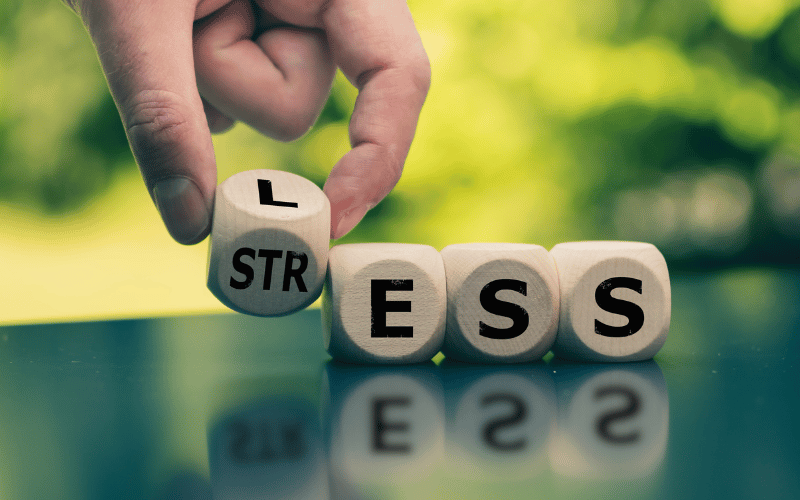Introduction: Unraveling the Mystery of Sleeplessness

Sleep is a prized possession in our fast-paced world. For many, it’s a luxury; for others, it’s an elusive dream, often chased but seldom caught. But why? What’s behind those restless nights spent staring at the ceiling, counting imaginary sheep, or battling invisible monsters of anxiety? Is it the daily stress, the cup of coffee gulped down late in the evening, or is there a deeper underlying medical reason?
While some nights are just difficult, plagued by fleeting thoughts or the pressure of the upcoming day, others seem to have no apparent reason, leading many to ask the million-dollar question: “Why can’t I sleep?” Insomnia, characterized by persistent trouble falling or staying asleep, impacts countless individuals across the globe, casting a shadow over their daily lives.
The term ‘insomnia‘ might sound like a modern ailment, a byproduct of the urban hustle and bustle. However, it’s been around for centuries, giving restless nights to even our ancestors. The reasons, though, have evolved, diversified, and multiplied. To tackle this nocturnal enemy, it’s essential to understand its roots.
In the quest for a restful night, knowledge is power. Knowing the main causes behind these sleepless nights can be the key to unlocking the door to dreamland. So, let’s delve into the top ten causes of insomnia, aiming to illuminate the path towards peaceful slumber and brighter mornings.
1. Stress and Anxiety: The Weight of Mental Burdens on Sleep

While some consider sleep a time to escape daily stresses, for many, it’s quite the opposite. As the lights dim and the surroundings quiet down, internal noise often crescendos, turning the mind into a battleground of worries. The thought train, once kickstarted, rarely brakes easily, whether it’s about looming deadlines, personal conflicts, or existential anxieties.
Stress is a physical and emotional response to demanding situations, releasing hormones like cortisol which, in turn, keeps the body alert. This heightened alertness at nighttime stands in direct opposition to the body’s natural instinct to wind down. It’s not uncommon then for the tossing and turning to begin, while the mind replays anxieties like a broken record.
Moreover, the relationship between sleep and anxiety forms a vicious cycle. Lack of sleep can amplify anxiety, and increased anxiety can prevent sleep. This cyclical pattern often worsens over time, causing severe disturbances in one’s sleep patterns.
Often, it’s not just the presence of stress, but its management that plays a crucial role. While everyone faces challenges, individual responses vary, making stress and anxiety a complex cause of insomnia that isn’t one-size-fits-all. (1)